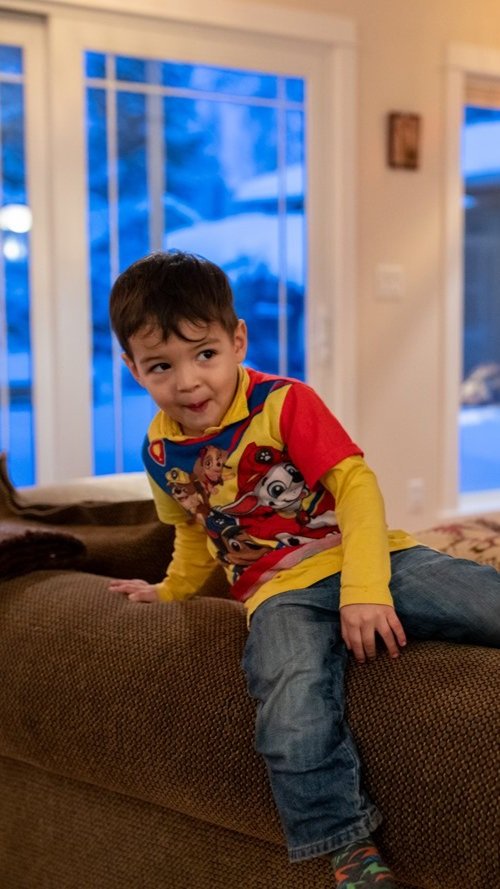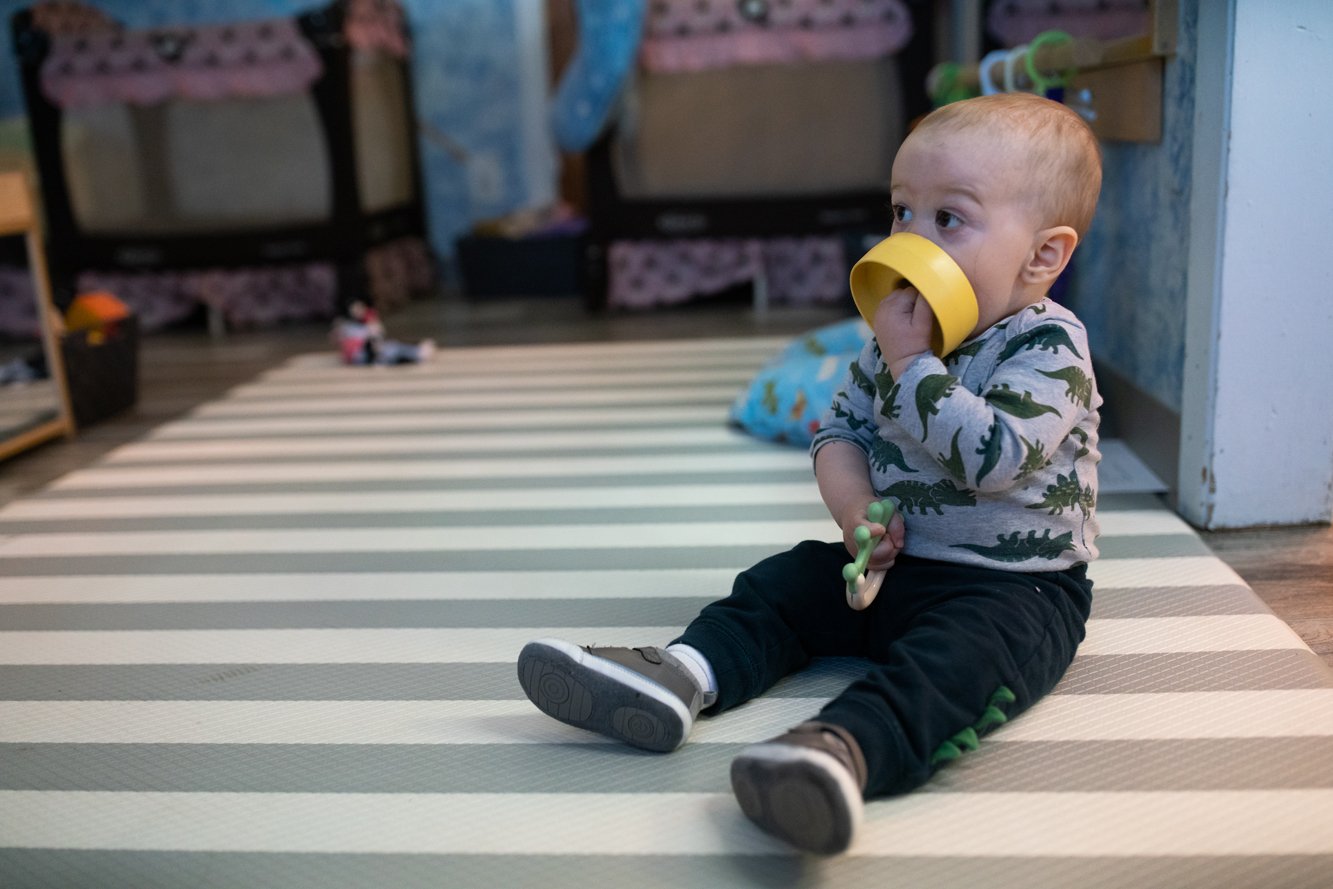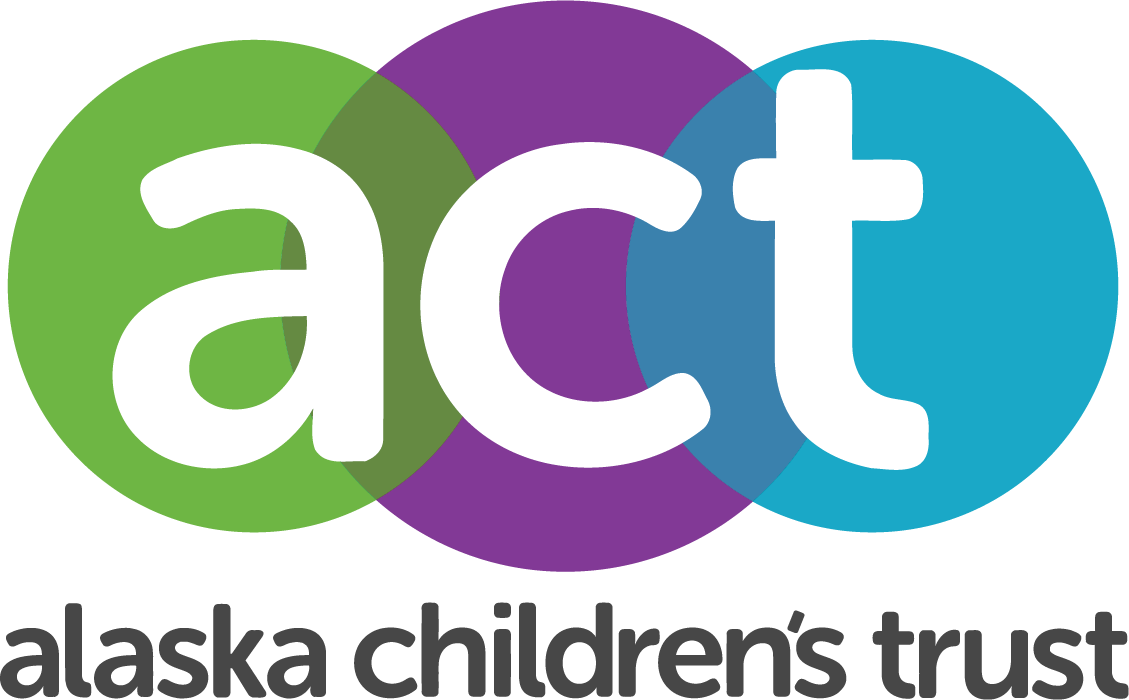
OUR WORK
Trauma-Informed Practice
Trauma-informed care acknowledges that our life experiences shape how we each see and interact with the world.

6 Key Principles
Because each organization is unique, adopting a trauma-informed approach is not as simple as implementing a single checklist or adopting one specific practice.
There are six key principles that guide a trauma-informed approach:
01. Safety
02. Trust & transparency
03. Peer support
04. Collaboration & mutuality
05. Empowerment & choice
06. Cultural, historical & gender issues
What does it mean to be trauma-informed and why is it important?
We know from the Adverse Childhood Experiences (ACEs) study that trauma in our early years can impact us physically and mentally for years to come - and sometimes the rest of our lives - if not mitigated by protective factors and Positive Childhood Experiences.
A trauma-informed approach acknowledges that our life experiences shape how we each see and interact with the world. This approach encourages feelings of connectedness and safety while lessening the chances of retraumatization (reliving stress reactions from a traumatic event).
The Substance Abuse and Mental Health Service Administration describes a trauma-informed approach as incorporating the four R’s.
A trauma-informed organization or system:
Realizes the impact of trauma
Recognizes the signs and symptoms of trauma
Responds by integrating an understanding of trauma into policies, procedures, and practices
Resists retraumatization
Trauma-Informed Training Series
From September 2021 through March 2022, Alaska Children’s Trust offered an array of trauma-informed trainings with trainer Addy Peters of Forge Facilitation.
These recorded trainings are a great way start thinking about how you approach conversations with others and your work and begin to integrate more trauma-informed practices and policies into your life and workplace.
-
In this practical webinar, we learned to look at physical spaces through a trauma-informed lens, and explored how our work & service spaces promote or hinder safety, empowerment, and collaboration.
You will come away with "walk-through" tools for an environmental scan, suggestions for changes, and a fresh set of eyes!
-
Whether in person, online, or some combination of both, we all spend a great deal of our work time in meetings. As organizations seek to implement trauma-informed, culturally-responsive & equity-centered practices in the workplace, meetings can be a great place to put theory into action. Structure and repetition in meeting formats allow us to first try out, and then carefully and deliberately make & sustain changes that are aligned with trauma-informed principles and your organizational values.
In this webinar, we started with the "Whys" of trauma-informed meetings and moved on to the "Hows," with links to resources and implementation guides, lessons from the trenches, and tips for continuing to hold ourselves to trauma-informed practices when meetings happen online and/or in times of crisis.
-
Is self-care selfish? How do I know if I'm doing it right? Won't lots of community care just leave me feeling burnt out? As we enter a new year, explore these and other questions in our recorded webinar with trainer Addy Peters.
-
Trauma, as well as workplace stress and adversity, are pervasive and life-shaping. We don’t get to choose how exposure to trauma impacts upon our lives.
Knowing this to be true, administrators and supervisors must align what they know with what they do, and find meaningful & sustainable ways to shape workplaces so that staff are supported, staff strengths are honored, and workplace (re)traumatization is avoided. In this webinar, we think deeply about long-haul strategies that support and nourish staff, and that build coping capacities.
Practical tips and ready resources for trauma-informed supervision, staff development, and stress management are shared. Although primarily aimed at supervisors and administrators, this webinar is suitable for anyone with an interest in sustainable trauma-informed approaches & practices.
-
Learn more about trauma-informed care and what actionable steps you can do right away to begin or continue your trauma-informed journey at the last webinar in our series, "Trauma-Informed Care: What Can I Do Tomorrow?". This webinar is appropriate for all audiences- parents, educators, partner organizations, and every Alaskan working to make the world a better place for children, youth, and the child working to heal inside all of us.

"Integrating trauma-informed practices to my work has changed the way I see and interact with my students and has led to more genuine relationships between other staff and myself. Keeping in mind the impacts that trauma has had and (continues to have) on the people I talk to everyday has given me new respect and understanding- even for people I don't know well yet".
- Trauma-Informed Training Participant

